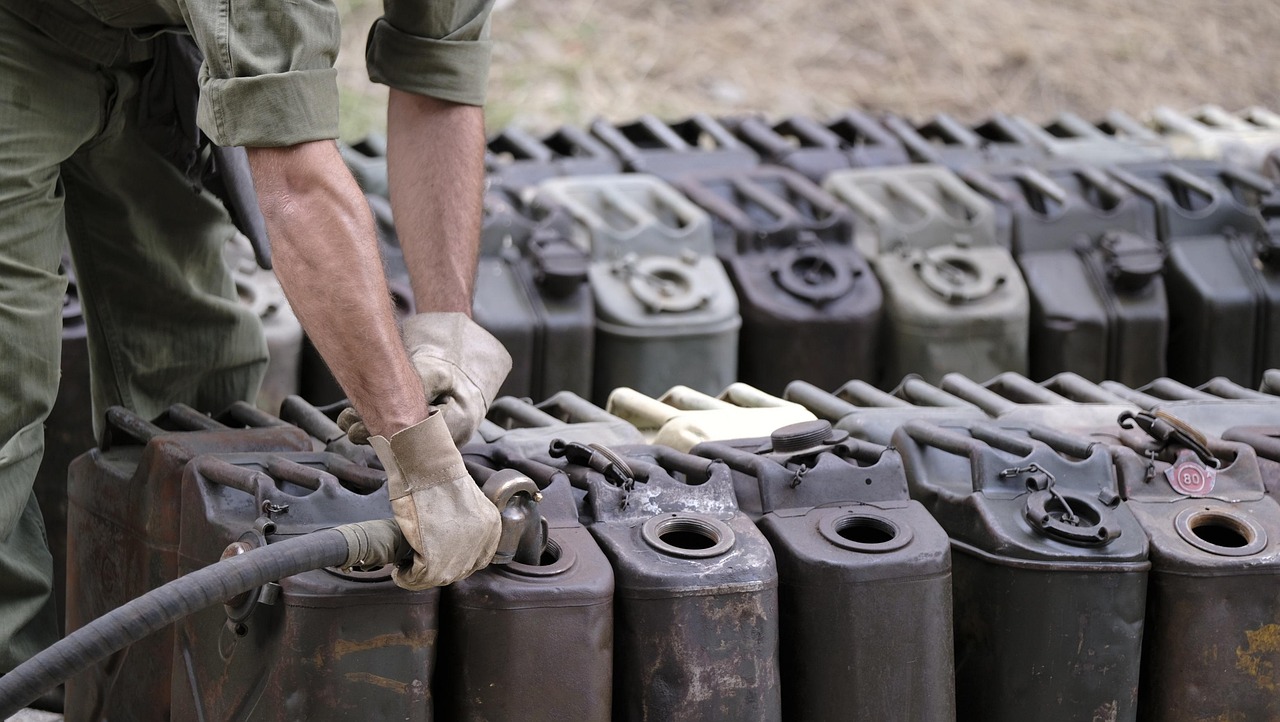Oil soars by almost 7% after Israeli strikes on Iran
13 June 12:37
On Friday, oil prices rose sharply by almost 7%, hitting multi-month highs after Israel launched large-scale strikes against Iran. This has raised concerns about possible disruptions in oil supplies, "Komersant Ukrainian" reports citing Reuters.
According to OilPrice.com, as of 12:23 Kyiv time, Brent crude oil futures jumped $4.63, or 6.68%, to $73.99 per barrel. Today’s high was $78.50, the highest since January 27. U.S. West Texas Intermediate rose by $4.7, or 6.91%, to $72.74 per barrel, reaching a high of $77.62, the highest level since January 21.
Friday’s rise was the largest intraday movement for both contracts since 2022, when Russia’s full-scale invasion of Ukraine sent energy prices soaring.
Читайте нас у Telegram: головні новини коротко
Israel, Iran and the Strait of Hormuz
Israel said on Friday it struck Iran’s nuclear facilities, ballistic missile factories and military commanders in what was described as a long-running operation to prevent Tehran from building nuclear weapons.
The Atomic Energy Organization of Iran said in a statement that the Natanz nuclear facility was damaged, but that an investigation found no radioactive or chemical contamination outside the facility.
The main market concern is whether the latest developments will affect the Strait of Hormuz, whose northern coast belongs to Iran, said Ole Hvalby, an analyst at SEB. Approximately one-fifth of the world’s oil consumption – about 18-19 million barrels per day of oil, condensate and fuel – passes through the strait.
The $10 per barrel price increase over the past three days has not yet reflected any drop in Iranian oil production, let alone an escalation that could disrupt energy flows through the Strait of Hormuz, said Barclays analyst Amarpreet Singh.
US Secretary of State Marco Rubio called the Israeli strikes on Iran a “unilateral action” and said Washington was not involved, while urging Tehran not to attack US interests or personnel in the region.
“The key question is whether Iranian retaliation will be limited to Israel, or whether the leadership will seek to internationalize the cost of today’s actions by attacking bases and critical economic infrastructure across the region,”
– said RBC Capital analyst Helima Croft.
Forecasts and expectations
In the worst-case scenario, JPMorgan analysts said, the closure of the Strait of Hormuz could lead to a price spike to the range of $120-130 per barrel, almost double their current baseline forecast.
However, analysts are still inclined to more moderate versions.
“The fundamentals show that almost all Iranian exports go to China, so the biggest risk here is Chinese purchases at a discount. OPEC’s reserve capacity can provide a stabilizing force,”
– said Rystad analyst Janiv Shah.
“The key question now is whether this oil rally will last beyond the weekend or a week – our signal is that there is less likelihood of a full-blown war and the rise in oil prices is likely to meet resistance.”
– he added.
In other markets, stocks fell and there was a rush to safe-haven assets such as gold and the Swiss franc.
Читайте нас у Telegram: головні новини коротко









